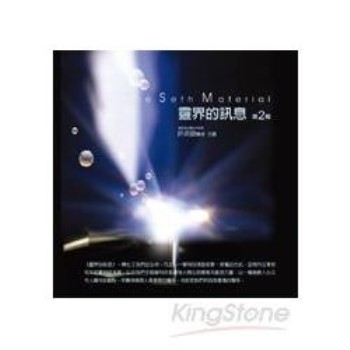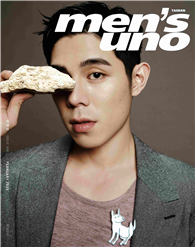This groundbreaking collection of essays brings together distinguished scholars and writers and follows the history of Jerusalem from the culturally diverse Mandate period through its transformation into a predominantly Jewish city.
Most histories of twentieth-century Jerusalem published in English focus on the city’s Jewish life and neighborhoods; this book offers a crucial balance to that history. On the eve of the British Mandate in 1917, Jerusalem Arab society was rooted, diverse, and connected to other cities, towns, and the rural areas of Palestine. A cosmopolitan city, Jerusalem saw a continuous and dynamic infusion of immigrants and travelers, many of whom stayed and made the city theirs. Over the course of the three decades of the Mandate, Arab society in Jerusalem continued to develop a vibrant, networked, and increasingly sophisticated milieu. No one then could have imagined the radical rupture that would come in 1948, with the end of the Mandate and the establishment of the State of Israel. This groundbreaking collection of essays brings together distinguished scholars and writers and follows the history of Jerusalem from the culturally diverse Mandate period through its transformation into a predominantly Jewish city. Essays detail often unexplored dimensions of the social and political fabric of a city that was rendered increasingly taut and fragile, even as areas of mutual interaction and shared institutions and neighborhoods between Arabs and Jews continued to develop. Contributors include: Lena Jayyusi, Issam Nassar, Samia A. Halaby, Elias Sahhab, Andrea Stanton, Makram Khoury-Machool, Sandy Sufian, Awad Halabi, Ellen L. Fleischmann, Widad Kawar, Rochelle Davis, Subhi Ghosheh, Mohammad Ghosheh, Tom Abowd, Nadia Abu El-Haj, Michael Dumper, Nahed Awwad, Ahmad J. Azem, Nasser Abourahme.| FindBook |
有 1 項符合
Jerusalem Interrupted: Modernity and Colonial Transformation 1917 - Present的圖書 |
 |
Jerusalem Interrupted: Modernity and Colonial Transformation 1917 - Present 作者:Jayyusi 出版社:Olive Branch Press 出版日期:2024-05-07 語言:英文 規格:平裝 / 550頁 / 普通級/ 初版 |
| 圖書館借閱 |
| 國家圖書館 | 全國圖書書目資訊網 | 國立公共資訊圖書館 | 電子書服務平台 | MetaCat 跨館整合查詢 |
| 臺北市立圖書館 | 新北市立圖書館 | 基隆市公共圖書館 | 桃園市立圖書館 | 新竹縣公共圖書館 |
| 苗栗縣立圖書館 | 臺中市立圖書館 | 彰化縣公共圖書館 | 南投縣文化局 | 雲林縣公共圖書館 |
| 嘉義縣圖書館 | 臺南市立圖書館 | 高雄市立圖書館 | 屏東縣公共圖書館 | 宜蘭縣公共圖書館 |
| 花蓮縣文化局 | 臺東縣文化處 |
|
|
圖書介紹 - 資料來源:博客來 評分:
圖書名稱:Jerusalem Interrupted: Modernity and Colonial Transformation 1917 - Present
內容簡介
作者簡介
Lena Jayyusi is a professor in the College of Communication and Media Sciences on the Dubai campus of Zayed University. A renowned translator of Arabic fiction, she has also published works on the role of Palestinian broadcasting, Palestinian media during the Oslo peace process, the globalization of human rights discourse, and the role of media in democracy.
|








 2025【精選作文範例】國文(作文)[快速上手+歷年試題](記帳士)](https://media.taaze.tw/showLargeImage.html?sc=14100120565)


